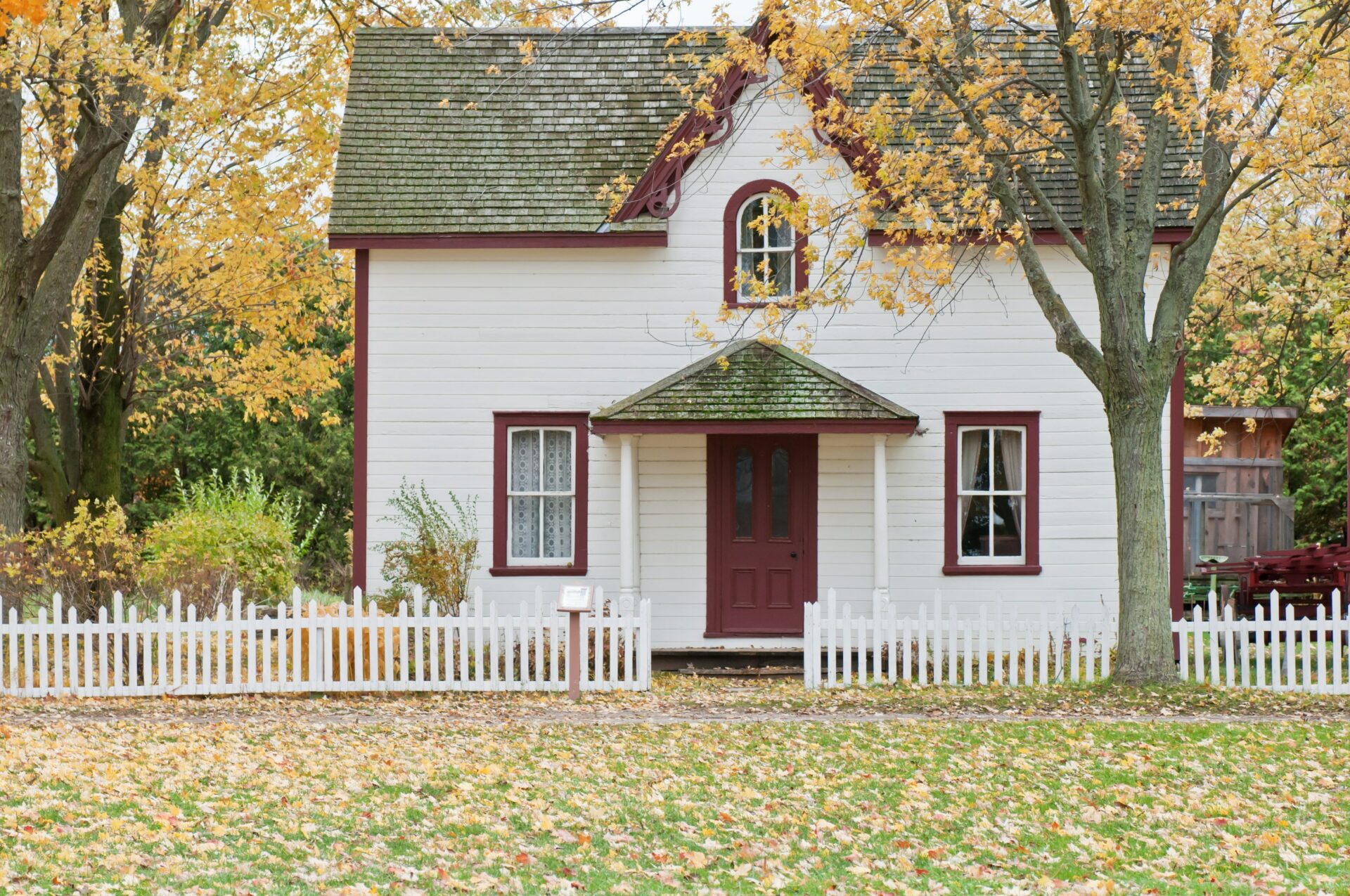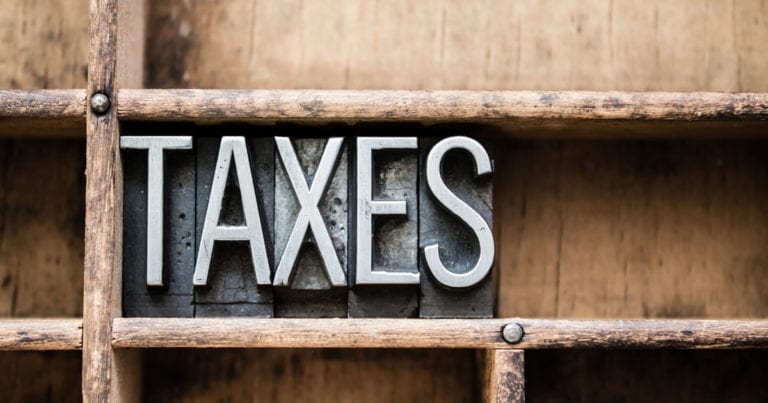Should I Keep the House?

Divorce can shake you to your very foundations. Everything changes, and many people want to cling to the house as the only stability they find in a shifting world. What should you do about the house during a divorce? Whether keeping the house is your best option depends on many different factors. Here are what you need to consider in making that important decision.
1. What does the house represent to you?
Home is a refuge from the world, and for many, it is an extension of themselves and their lives. It is the place the children grew up, where you spent happier days, an embodiment of what your marriage should have been. But are those good reasons to keep the home?
Make a list of each of the benefits of living in the house, then for each one ask yourself what feeling that gives you, and where else could you live to get a similar feeing? For example, I like the fact that my house is set off from the street. It makes me feel safe and feeds my privacy. But I guess I could feel safe in a gated community. And I could feel privacy if I had shutters on the windows, or even thick drapes. Bit by bit, this exercise will help you identify what is important to you and open up to possibilities other than keeping the house.
2. If you keep the house, how long will you live there?
If you plan to keep the house forever, then asking for it in the divorce makes more sense than if you plan to live there for just a couple of years until the kids are grown and gone. Refinancing the mortgage to get your spouse’s name off the loan is costly, and so are the costs of sale when you sell it. Over a short period of time, those expenses are likely to exceed the appreciation of the home, and you will lose money by keeping the house. But if you have many years of appreciation ahead of you, keeping the house might justify the costs to acquire it in the divorce and sell it later on.
3. Does continuing to hold it jointly with my ex make sense?
If you intend to keep the house for just a few years, continuing to hold it jointly with your soon-to-be-ex might make sense. That way you don’t have to refinance to get his name off the mortgage and pay him his share of the equity, nor do you have to trade valuable assets such as retirement accounts for his equity. You can keep your same comfortable mortgage payments, you won’t have to pay costly refinancing expenses or 100% of the cost of sale when you sell, and you will both share in the appreciation.
4. What will you have to give up to keep it?
You may be tempted to trade retirement assets for his equity in the house, but before you do, ask yourself whether you’ll be able reconstruct those retirement assets between now and retirement. Retirement planning in divorce is difficult, because you are already giving up half the retirement in the divorce. Can you afford to give up even more to keep the house? If your answer is yes, you’ll give up anything to keep the house, realize that you’ll still end up having to sell it when the support runs out and you need funds to retire. By keeping it now, you may only be postponing the inevitable.
5. Can you afford the mortgage payments and home upkeep?
You may be charmed by a low mortgage payment, but once you refinance at today’s interest rates to borrow funds to pay him off and get his name off the mortgage, you may not find your monthly payment quite so charming. You’ll also need to consider the regular maintenance that the house requires, as well as any deferred maintenance that has gone by the wayside as the marriage deteriorated. Buying him out of a home that is falling down around you may turn out to be a disastrous decision.
6. Are you signing up for hidden tax consequences if you keep the house?
You can exclude up to $250,000 of capital gains when you sell your home if you’ve lived there for two of the five years before sale. If you and your spouse sell the home jointly, together you can exclude up to $500,000 of gain. But once you become the sole owner of the house, when you sell it, the entire cost of sale and capital gains liability will be yours alone. If the gain exceeds $250,000 you will have to pay tax on the excess, even though your combined $500,000 exclusion might have saved you from paying taxes. So if your home has gone up significantly in value over the years, you might be better off selling it while it is in both names.







My husband and I own a house. We have two kids and I would like to keep the house. My credit is bad (due to join debts that are only under my name) so I doubt I can get a mortgage in my name. If we keep the house jointly and the mortgage under his name until the kids are out to college (about 7 years) can I then bye him out? if so, do have to pay him what the house it worth today or the day in buy him out?
Also how would this be calculated when we negotiate for him to pay the mortgage instead of paying child support (which would mean that I alone have being making payments toward the mortgage).
Your agreement will be whatever you agree to. And I doubt that he’d want to wait 7 years to get his share of the equity in the house and then settle for what the value is today rather than what the value is in 7 years. But if he agrees to today’s value, great. Since the payments would be made from child support that he owed to you, you’d probably want to get credit for the principal paydown in computing what you owe him in the end. For example, if the equity (value minus mortgage) is $200,000 in 7 years, and your child support has paid the mortgage down $25,000, then you’d get the $25,000 off the top and you’d split the remaining $175,000. But if you agree to something different, then that will be your agreement.
My divorce is about to be final after 2 yrs and I got the house & he got to keep his retirement, after reading this I am feeling like I got the short end of the stick again! The mediator explained that the equity in our house of 11yrs was comparable to that of his retirement that he has liquidated twice. I am still debating selling and downsizing or just refing in my name from a 6% but looks like either way will be costly for me, any suggestions?!?
If you wanted the house and you got the house, that’s great. But if you want to sell the house, it is better done jointly so that you equally share the costs of sale.